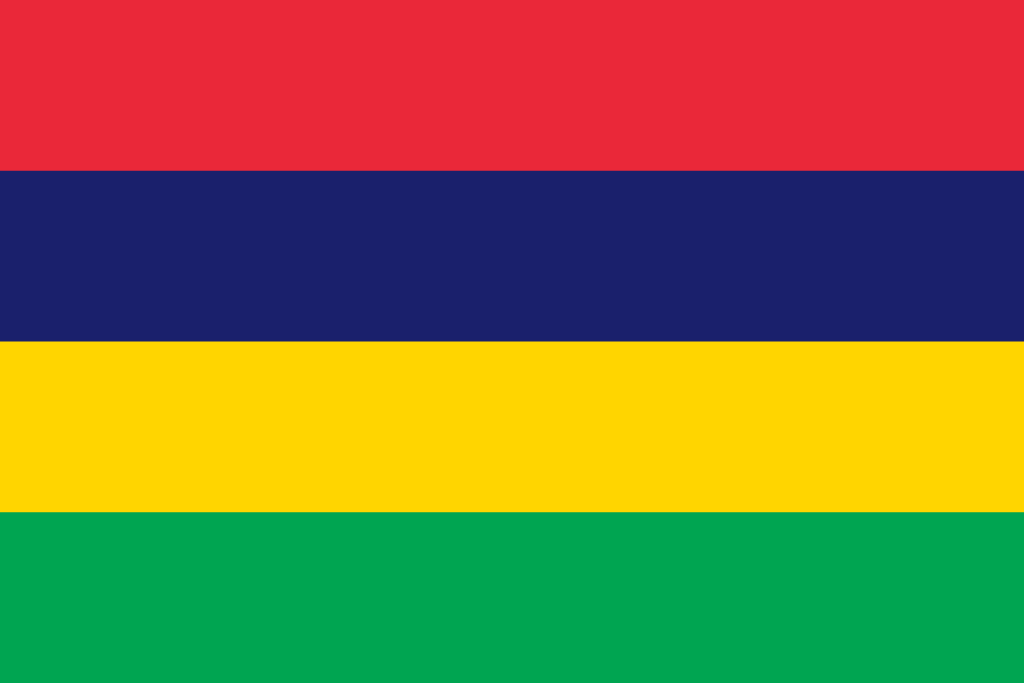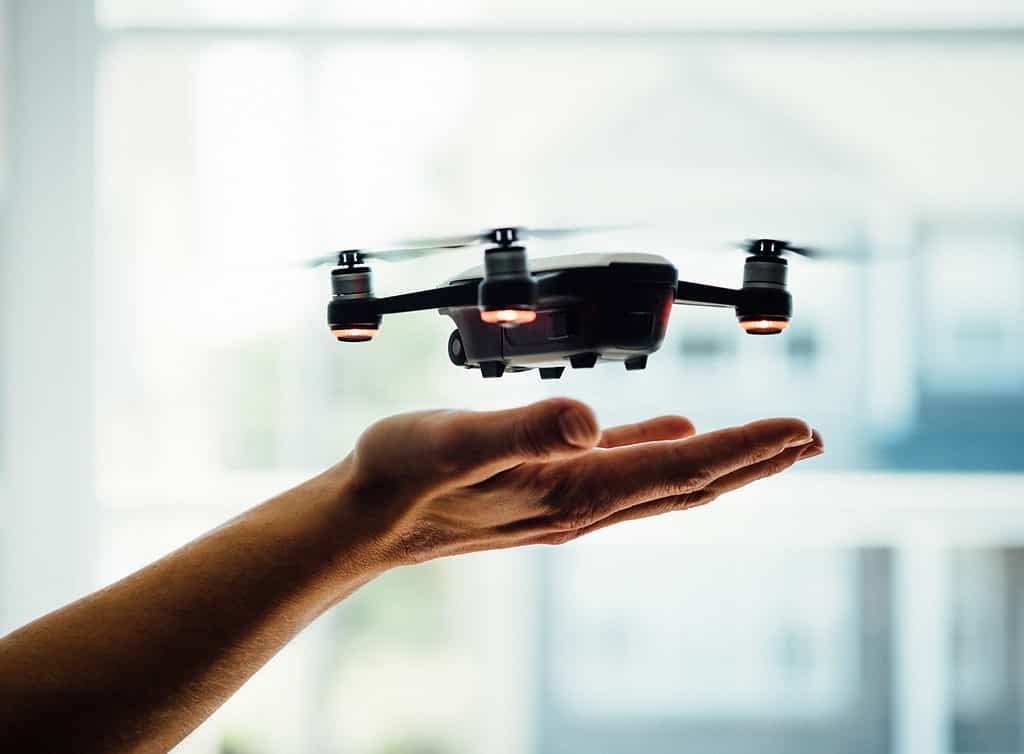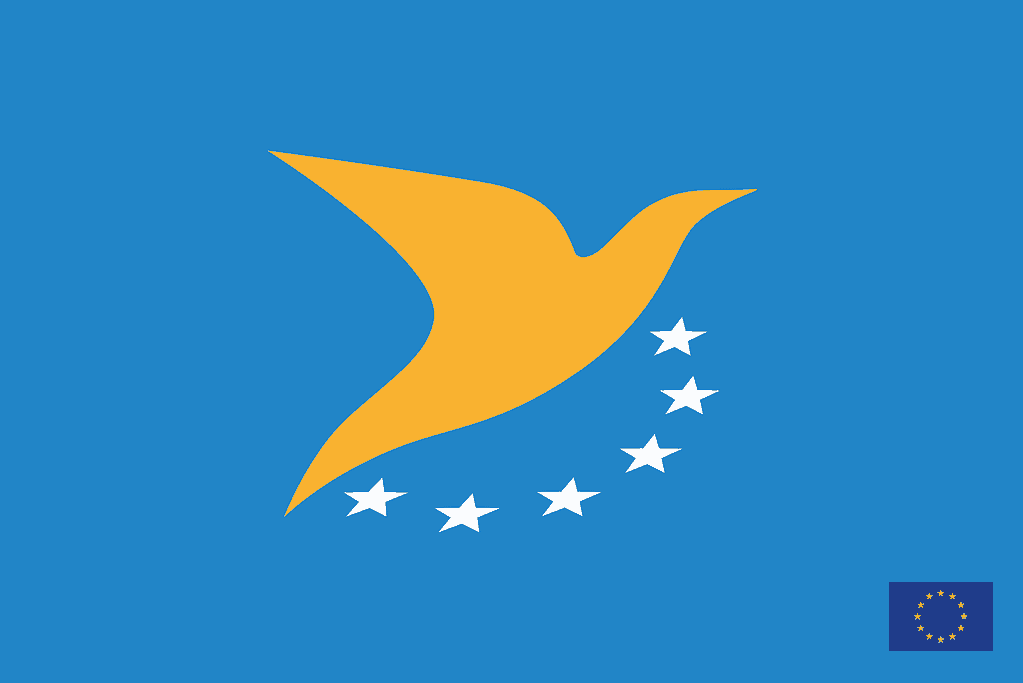Summary of Drone Laws in Mauritius
Hobbyist Drone Laws For Residents of Mauritius
Drone Operations in Mauritius are currently regulated.
- Hobbyist drone flights are allowed in Mauritius
- Hobbyist Mauritius drone pilot license is not required
- Hobbyist Drone registration is not required in Mauritius for hobbyists
- Drone Remote ID is not required in Mauritius for hobbyists
- Drone Insurance is not required but recommended for hobbyists’ drone operations in Mauritius
Read below for more details on Hobbyist Drone Laws in Mauritius and to find links to regulators and other credible sources!
Commercial Drone Laws For Residents of Mauritius
Drone Operations in Mauritius are currently regulated.
- Commercial drone flights are allowed in Mauritius
- Commercial Mauritius drone pilot license is required
- Commercial Drone registration is required in Mauritius for commercial drone operators
- Drone Remote ID is not required in Mauritius for Commercial Drone Operators
- Drone Insurance is required for commercial drone operations in Mauritius
Read below for more details on Commercial Drone Laws in Mauritius and to find links to regulators and other credible sources!
Drone Regulations For Visitors To Mauritius
Drone Operations in Mauritius are currently regulated.
- Foreign visitor drone flights are allowed in Mauritius
- Foreign visitor drone pilot license is required
- Drone registration is required in Mauritius for visitors/tourists
- Drone Remote ID is not required in Mauritius for tourists
- Drone Insurance is not required but recommended for tourist drone operations in Mauritius
Read below for more details on Drone Laws in Mauritius for Visitors (Tourists) and to find links to regulators and other credible sources!
Drone Rules For Government Drone Operators in Mauritius
Drone Operations in Mauritius are currently regulated.
- Government drone flights are allowed in Mauritius
- Government drone pilot license is required
- Drone registration is required in Mauritius for Government operations
- Drone Remote ID is not required in Mauritius for Government operations
- Drone Insurance is not required for Government drone operations in Mauritius
Read below for more details on Drone Laws in Mauritius for Government Drone Operations and to find links to regulators and other credible sources!
Agencies Responsible for regulating drones in the Republic of Mauritius
Drone Regulator in Mauritius: Mauritius’s Department of Civil Aviation (DCA)
Link to Mauritius Drone Laws Online: Mauritius Civil Aviation Drone regulations
UAS Laws – General rules for flying drones in Mauritius
DCA, the Mauritius agency responsible for drone safety, has provided several details on flying drones for fun or work. The highlights are enumerated below. For more details go to the link above.
Are drones allowed in Mauritius?
Here are the most important rules to know for flying a drone in Mauritius:
- Although the regulations listed below do not apply to drones weighing less than 7 kilograms (15.5 pounds) and used solely for recreational purposes, the DCA recommends that all drone operations adhere to these guidelines.
- Before each drone flight, Permission must be obtained from the DCA. Permission is not free, and the fee amount is subject to change based on the specifics of the proposed drone operation.
- Drones are not permitted to be used to drop any object or animal.
- Drone flights are prohibited unless the operator reasonably believes the flight can be conducted safely.
- Visual contact between the operator and the drone must be maintained. Additionally, the operator must monitor the drone’s flight path and ensure it is clear to other aircraft, people, vehicles, vessels, and structures.
- Vertically, do not exceed 120 meters (400 feet).
- Avoid flying over densely populated areas or within 150 meters (492 feet) of any densely populated area.
- Avoid flying over or within 150 meters (492 feet) of any open-air gathering of more than 500 people.
- Fly no closer than 50 meters (164 feet) to any vessel, vehicle, or structure, not under the operator’s control.
- Avoid flying within 50 meters (164 feet) of a person, except for landing and takeoff.
- Drone operators must exercise caution not to infringe on private property rights.
Notes for recreational drone pilots flying for fun in Mauritius
Follow the general rules listed above, but check for updates by visiting the regulator’s links provided.
Notes for operating Commercial Drone Services in Mauritius
Anyone who wants to fly a drone for commercial work (generally called aerial work) needs Permission from the DCA. In addition, you will need to be at least 18 years of age.
How do you get Permission to fly a drone commercially in Mauritius?
To get this Permission, you will need to:
- demonstrate a sufficient understanding of aviation theory (airmanship, airspace, aviation law, and good flying practice)
- pass a practical flight assessment (flight test)
- Develop basic procedures for conducting your desired flights and set these out in an Operations Manual. An operations manual template is available on the DCA website.
Several recognized assessment organizations in Reunion, Africa, and Europe can help you meet these requirements. The assessment center will generally help you develop an operations manual and offer advice on completing additional paperwork.
Once you meet the requirements, you can apply to operate an RPA using the ‘DCA RPA Application form.’
A Permission for Aerial Work (PFAW) is valid for up to 36 months and is subject to renewal.
You should apply to renew your PFAW at least 30 days before the Permission period is due to expire.
If you want to start using a different weight class of drone not approved by your PFAW, you must contact the DCA immediately and not wait until the PFAW expires.
The PFAW allows flights within Mauritius subject to the conditions and limitations specified. However, the greater the amount of ‘freedom of operation’ you require (in terms of locations, procedures, and the duration of the Permission), the greater the amount of information you need to provide us (in terms of demonstrating that you can operate safely).
The price for Permission depends on the proposed operation of the aircraft.
Additional steps must be taken if a drone is being flown for ‘aerial work.’
You must have Permission issued by the DCA before you conduct any aerial work with your drone.
How much does it cost:
The current charge is Rs 10,000, but there is no limit on the maximum number of drones.
The renewal cost is the same for three years.
If you want to use a small unmanned aircraft or drone outside the operating limits in the Air Navigation Order, you will need permission from the DCA, even if your activity is non-commercial. This could include flying a device over a congested area or within 50m of a building.
Applications for this type of Permission are considered on a case-by-case basis.
Drone Insurance
An adequate level of insurance will need to be obtained by an operator before Permission is granted.
Applicants should discuss these requirements directly with insurance providers to ensure that adequate third-party liability is provided to cover the intended scope of their operation.
Obtaining approval from the Information & Communication Technologies Authority (ICTA)
You must obtain the appropriate approval from the ICTA to operate your wireless RPA. Contact details are available on their website: https://www.icta.mu/radiocommunication/radioview.htm
Making Films, commercials, documentaries
Before using your RPA for the above purposes, you must have the appropriate authorization from Mauritius Film Development Corporation.
Details are available on their website: http://www.mauritiusfilm.mu/English/Rules-Regulations- Policies/Pages/default.aspx
Note for Foreign Operators
The DCA will, on occasion, be able to grant temporary permission for aerial work to a commercial drone operator.
This will depend on the evidence of ‘pilot competency’ the applicant can provide and the location(s) where the filming will occur.
Each application is considered on its own merits.
Applications should be made on the standard DCA RPA Application form, and information should also be supplied about the scope of the operation and where and when it will take place
In most cases, only the ‘standard’ DCA permission is granted, which favors aircraft weighing no more than 7kg (15 lbs). Any aircraft weighing more than 20kg (44 lbs) are subject to a more involved process and is more difficult to approve.
All applications should be made as far in advance as possible.
Useful published information on flying drones in Mauritius
Here is a sample of what you might expect if you follow the drone laws and fly in Mauritius…
Authoritative Sources of Information on Mauritius Drone Laws
We will attempt to keep an updated list of online authoritative links to regulators and other official websites here:
- Drone Regulator Website: Mauritius’s Department of Civil Aviation (DCA)
- Link To SUAS Laws: Mauritius Civil Aviation Drone regulations
- No Fly Zone Maps/Locations: N/A
- UAV Registration Site: N/A
- Drone Operator Licensing Site: N/A
- Others: N/A
NOTE: This page is about the Regulation of Unmanned Aerial Vehicles: Small Unmanned Aerial Systems (SUAS), Small UAS, Remote Piloted Aerial Systems (RPAS), unmanned aerial vehicle (UAV), Unmanned Aerial System (UAS), and drone are interchangeable terms unless specified. Model Aircraft, toy, remote-controlled, and RC aircraft may be covered by the same regulations unless specified.
Find out why
We think you must use a Drone Preflight Checklist
And a Drone Post-flight checklist
Free Drone Flight Checklist PDF
This Drone Flight Checklist is better than others.
It’s free!
It includes both the preflight checklist and post-flight checklist
It’s an easy-to-use printable PDF that covers all your bases.
Traveling with a Drone?
Click here to read our Comprehensive Guide For Traveling With A Drone.
NOW IT’S YOUR TURN




Leave a Comment